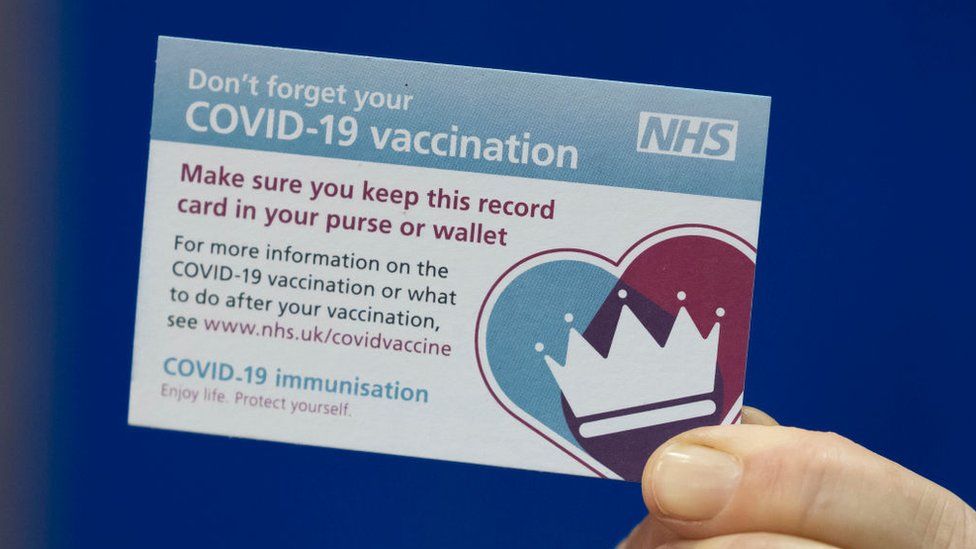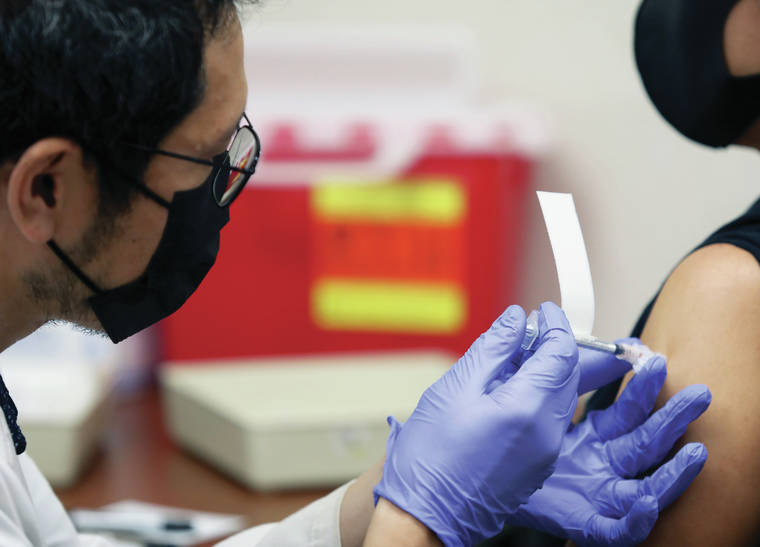

As those waves receded, pandemic restrictions largely subsided as well. With the arrival of COVID-19 vaccines in late 2020, the closures, capacity limits and large-scale mask orders that marked earlier phases of the pandemic gave way to vaccine and testing mandates and more targeted face-covering rules, which many states extended or reinstated as the delta and omicron variants spread in 20. Yet at the same time, the Biden administration is working to develop a standard way of handling credentials to allow Americans to prove they are protected against contracting Covid-19, the Washington Post reported.En español | Throughout the coronavirus pandemic, governors and health departments across the country issued orders and recommendations on the status of schools, businesses and public services.

The White House has ruled out a national vaccine passport system, confirming there will be no federal vaccinations database and no federal mandate for vaccine credentials.

The platform aims to fast-track the reopening of sports arenas, music venues, restaurants and other businesses with capacity limitations due to Covid-19. Last month, New York launched the Excelsior Pass - a free, voluntary digital app developed in partnership with IBM that will verify if an individual user is fully vaccinated against Covid-19 or has recently tested negative for the illness. One recent survey suggests that the issue is largely one of semantics, with Americans being potentially more open to digital Covid-status initiatives if they were called “vaccine verifications” or “vaccine certifications” rather than “vaccine passports.”
Hawaii vaccine passport news verification#
Moreover, a number of surveys show that a majority of Americans support voluntary digital vaccine verification programs that would make it easier for them to partake in desired activities - from attending a live music concert or sports event to going on a cruise - without having to first get tested for Covid-19.


 0 kommentar(er)
0 kommentar(er)
